Toolbox Camp: Crash Course in Community Building; 10 Day Retreat on Group Dynamics
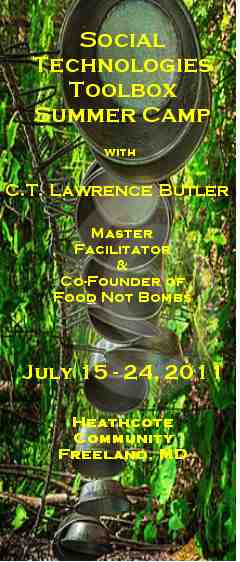 As a trainer, consultant and long time Intentional Community member, I sometimes get asked what it takes to form a Community. This is no casual question. I believe the statistic is that about ninety percent of forming Communities will fail within their first five years.
As a trainer, consultant and long time Intentional Community member, I sometimes get asked what it takes to form a Community. This is no casual question. I believe the statistic is that about ninety percent of forming Communities will fail within their first five years.
When I cross paths with folks who have a vision for creating their dream ecovillage, cohousing group, rural commune or urban group house, they usually want to hear what I have to say about land trusts, Articles of Incorporation, non-profit status, and various legal structures. This focus, while group organizers and leaders ignore group dynamics and structure, is, in my mind, the core reason why the failure rate is so high.
- Does your group feel a time pressure when making decisions?
- In discussions, does everyone speak?
- Does your group accomplish its goals?
- Do some people dominate? Is there burnout?
- Is the workload uneven? Organizational structure vague?
I hear lots of stories and often people can’t put their finger on what is missing.
Great visions are inspiring. Yet having the most innovative, cost effective solar powered strawbale common house, or an intuitive, minimally impactful Permaculture design does not a Community make, if your group struggles to create member buy-in, or make decisions that include everyone and reflect common values in a well-defined way.
Typifying the trend, my friend Mare Cromwell said her recent attempt to form an new Intentional Community with a core group of friends, “fell down around communication…” These were good people with great ideas. And as a member of the Intentional Communities movement, I want to see us flip that statistic around!
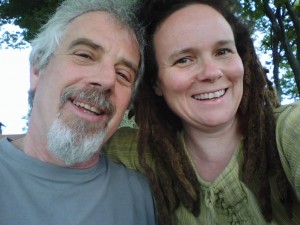 So consensus author/trainer C.T. Lawrence Butler and I are offering skill building workshops designed to help Communities, activist groups, non-profits, spiritual groups, families, etc., succeed in their goals, not by legal structures (based in mistrust), but in the structures of group dynamics—decisionmaking, conflict resolution, mediation, listening, and communication that integrates head, heart and gut (centered in transparency and trust).
So consensus author/trainer C.T. Lawrence Butler and I are offering skill building workshops designed to help Communities, activist groups, non-profits, spiritual groups, families, etc., succeed in their goals, not by legal structures (based in mistrust), but in the structures of group dynamics—decisionmaking, conflict resolution, mediation, listening, and communication that integrates head, heart and gut (centered in transparency and trust).
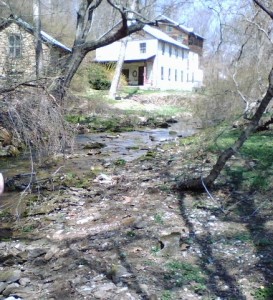 I’d never advocate doing away with legal structures. They protect Communities from misunderstandings or pushback from the larger world and they can represent clarity of agreements among members. But legal documents don’t substitute for healthy, values-based agreements. (I guess you could try to legally compel your neighbor to listen to you but it won’t succeed if she feels unheard.) And, most importantly, I believe a group that has excellent communication skills will arrive at the structures that are best for them because they’ll have the transparency to know what they know and what they don’t, and the ability to communicate their consensus to outside advisors and to delegate research. So as a consultant, I trust good process to lead to the right legal structures.
I’d never advocate doing away with legal structures. They protect Communities from misunderstandings or pushback from the larger world and they can represent clarity of agreements among members. But legal documents don’t substitute for healthy, values-based agreements. (I guess you could try to legally compel your neighbor to listen to you but it won’t succeed if she feels unheard.) And, most importantly, I believe a group that has excellent communication skills will arrive at the structures that are best for them because they’ll have the transparency to know what they know and what they don’t, and the ability to communicate their consensus to outside advisors and to delegate research. So as a consultant, I trust good process to lead to the right legal structures.
Instead, C.T. and I are curious about members’ “toolboxes” and how we can help groups succeed in their goals. You could be a Community finding property, identifying and vetting new members, building homes and generally living simply and cooperatively. Maybe you have a non-profit leasing a building, recruiting its 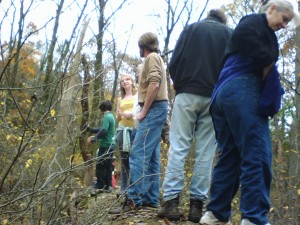 board and offering programming and support to the local community. Or you’re a collection of neighbors forming an activist group to battle fracking in your region. C.T. and I want you to succeed in your goals. And we want you to experience that new paradigms like consensus can work for your group in profound ways.
board and offering programming and support to the local community. Or you’re a collection of neighbors forming an activist group to battle fracking in your region. C.T. and I want you to succeed in your goals. And we want you to experience that new paradigms like consensus can work for your group in profound ways.
In our Social Technology Toolbox Summer Camp, we will start with our new full weekend workshop, Consensus: Body and Soul. We’ll look at the structure of decisonmaking (the body) and the paradigm shifts (the soul) members and whole groups make as they become more effective. From this weekend workshop (Friday night, all day Saturday and Sunday) the group will use their grounding in consensus 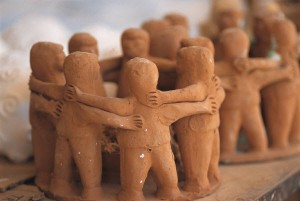 to function as a temporary community and make decisions as a community while they partake of experientially based toolbox offerings.
to function as a temporary community and make decisions as a community while they partake of experientially based toolbox offerings.
Campers will explore ZEGG Forum, Enneagrams, and other tools and techniques designed to help group members see, hear and understand each other. Don’t we often just want to be heard? We’ll look at evolutionary perspectives like Spiral Dynamics and campers will offer their own content using Open Space Technology.
In addition to daily ZEGG Forums and plenary meetings, campers will learn a new component of effective meetings and group dynamics each day—facilitation techniques, agenda planning, minutes taking, process vs. content, head/heart/gut integration, etc.
Is it sounding too much like an office manager’s dream retreat? Picture us performing New Games in the grounding, natural setting: Heathcote Community is a group that has survived the odds, founded in 1965. It’s a 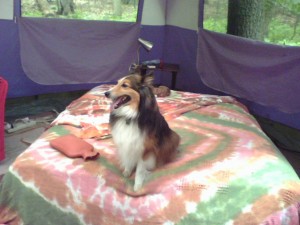 110 acre land trust that nearly all wooded. There’s a pond and several streams, along which hangs the occasional Twin Oaks hammock. Our conference center is an historic mill on the stream, but breakout sessions will likely take us into the woods.
110 acre land trust that nearly all wooded. There’s a pond and several streams, along which hangs the occasional Twin Oaks hammock. Our conference center is an historic mill on the stream, but breakout sessions will likely take us into the woods.
Lodging is rustic—camping or Heathcote’s bunkroom. The food is vegetarian/vegan, mostly organic. Many meals will come from C.T.’s Food Not Bombs cookbook!
To receive a brochure with the cost breakdown and application form, contact me, Wren, at curiocoast@comcast.net.
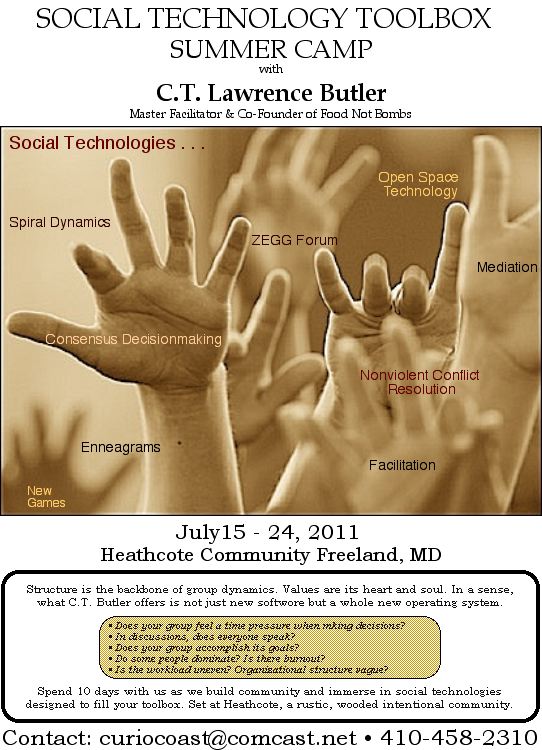 Please join our Hippie Chick Diaries fan page on Facebook!
Please join our Hippie Chick Diaries fan page on Facebook!

Leave a Reply
You must be logged in to post a comment.